When I was in Israel a few years ago, we were able to visit Mount Tabor, the traditional site of the Transfiguration of the Lord, the feast we celebrate today. We went up several mountains on that pilgrimage, and the thing about being on top of a mountain is that it’s like you can see everything. And I think that is an important point about this feast, because, in the Transfiguration, the disciples started to see who Jesus really was. The Transfiguration is the fourth Luminous mystery of the Holy Rosary, the mysteries on which we usually meditate on Thursdays.
Sometimes I think that, because of the limitedness of our minds, we accept a rather small and rather bland view of Jesus. I think that was true for the disciples too, although they had a good excuse: they didn’t have two thousand years of Church history to guide them! It’s understandable that they were definitely familiar with the human side of Jesus: over the time they had spent with him thus far, they had become close to him and saw him as a friend, a companion on the journey, and a great teacher, even a miracle worker. They experienced him in his humanity every day. But they were always having trouble with his divinity; they often missed his connection with the Father.
Today’s feast changes all of that for them, and for us as well. If there was any doubt about who Jesus was, it had to be gone now. That voice from the cloud is absolutely specific: “This is my beloved Son, with whom I am well pleased; listen to him.” Jesus is the Son of God and his divinity must be embraced and proclaimed. It’s nice, even comfortable, for us to have a picture of Jesus that is absolutely human, but we must always keep in mind the Transfigured Christ, dazzling white, radiating glory, the lamp shining in a dark place. He is the “one like a Son of man” of whom the prophet Daniel speaks in our first reading today, and to him belongs dominion, glory, and kingship. If Jesus were only human, we would have no Savior, we would be dead in our sins, and we would have no chance of being caught up in the divine life ourselves, that life for which we were created and intended from the very beginning.
The Transfiguration is also a sign for the disciples of what would happen in the Paschal Mystery. The incredible event of Jesus’ Transfiguration foreshadows the glory of the Resurrection. It’s a peek at what Jesus would look like after he rose from the dead. You may remember that the first witnesses of the Resurrection had a hard time recognizing Jesus. That may be because he was transfigured by the Resurrection, and so today’s event is perhaps a foreshadowing of what that would be like. Yes, Jesus would have to suffer and die, but his Resurrection and Ascension would be glorious, and would open the possibility of glory to all of us as well.
As we meditate today on the glory of the Transfiguration, we find a sign of what waits for us who believe. The glory that we see in Jesus today is the glory that waits for all of us. We have hope of the Resurrection, we have hope of an eternal home in heaven. The Transfiguration shows us that this hope is ours, if we but listen to the one who is God’s beloved Son. Sure, we come to that as those who don’t deserve that kind of glory. We are in need of our own kinds of transfigurations. We are in need of our sins being transfigured into faithfulness, of our failures being transfigured into joys, of our death being transfigured into everlasting life. All of those transfigurations are accomplished in us when we but listen to God’s beloved Son.
On the way to the mountain, the disciples came to know Jesus in his humanity, and on the way down, they came to know Jesus in his divinity. Knowledge of both is absolutely necessary because Jesus is fully human and fully divine. That trip down from the mountain took him to Calvary, but ultimately to the Resurrection, the glory of all glories. Christ is both human and divine, without any kind of division or separation. Peter, James, and John got a clear picture of that as Jesus was transfigured on the high mountain. We too must be ready to see both natures of our Jesus, so that we ourselves can transfigure our world with justice, compassion and mercy, in the divine image of our beautiful Savior. No matter what challenges may confront us or what obstacles may appear along the way, we must be encouraged to press on with the words of the Psalmist: “The Lord is king, the Most High over all the earth.”
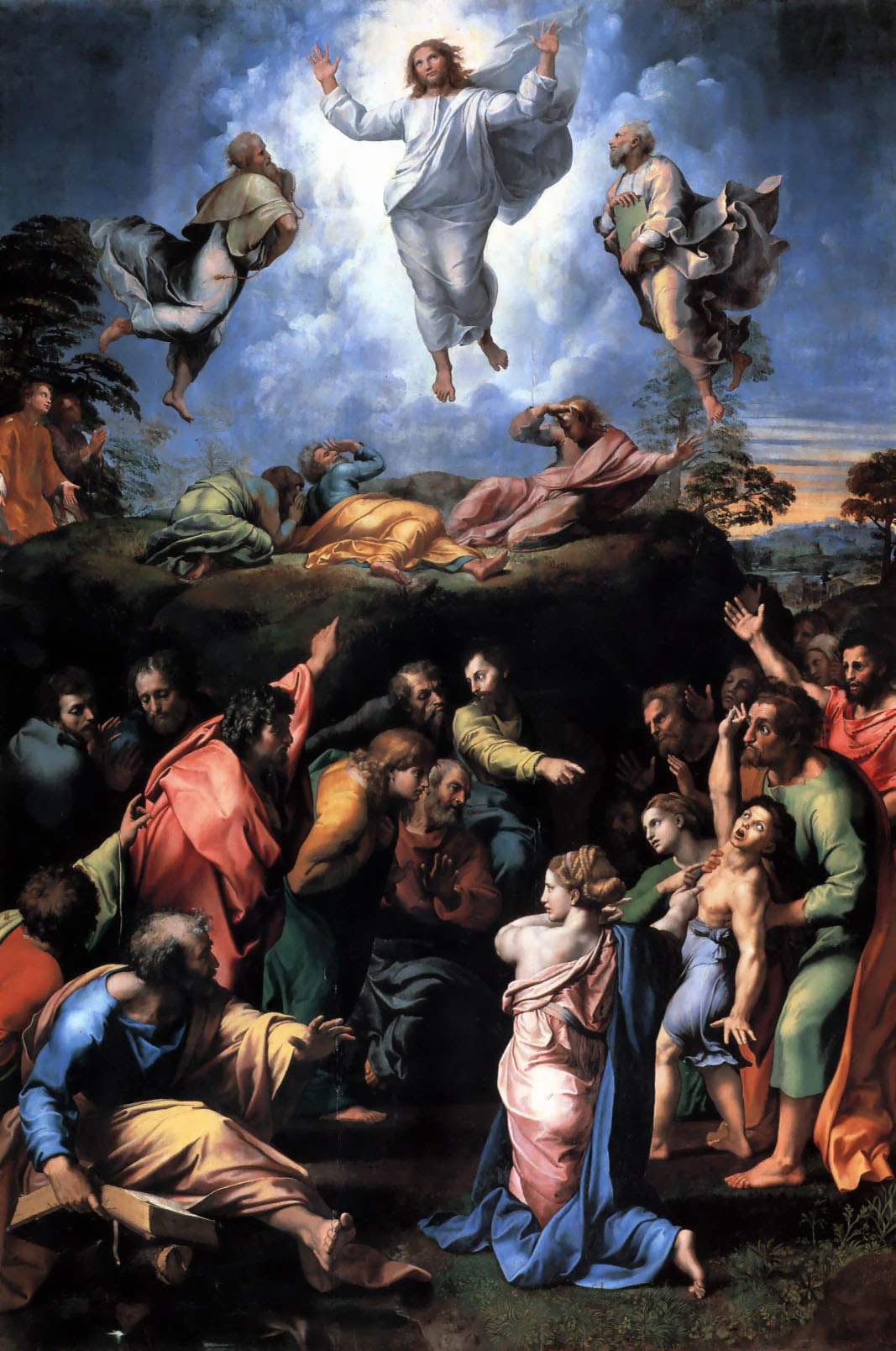
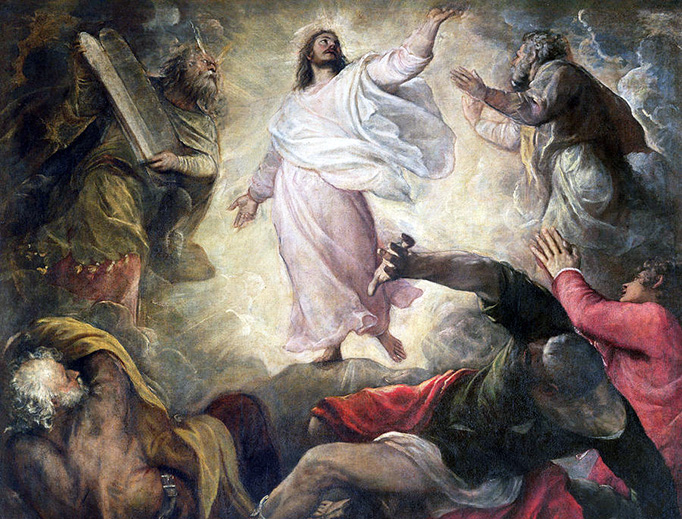
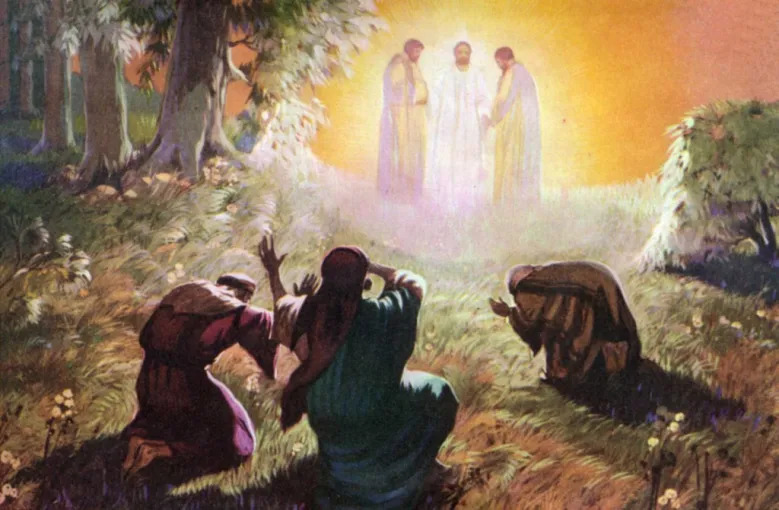
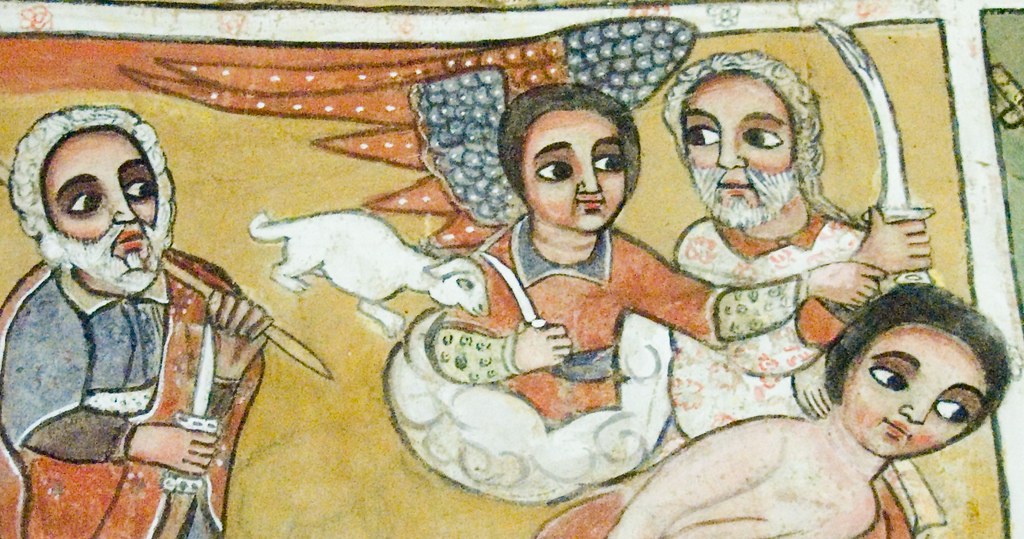
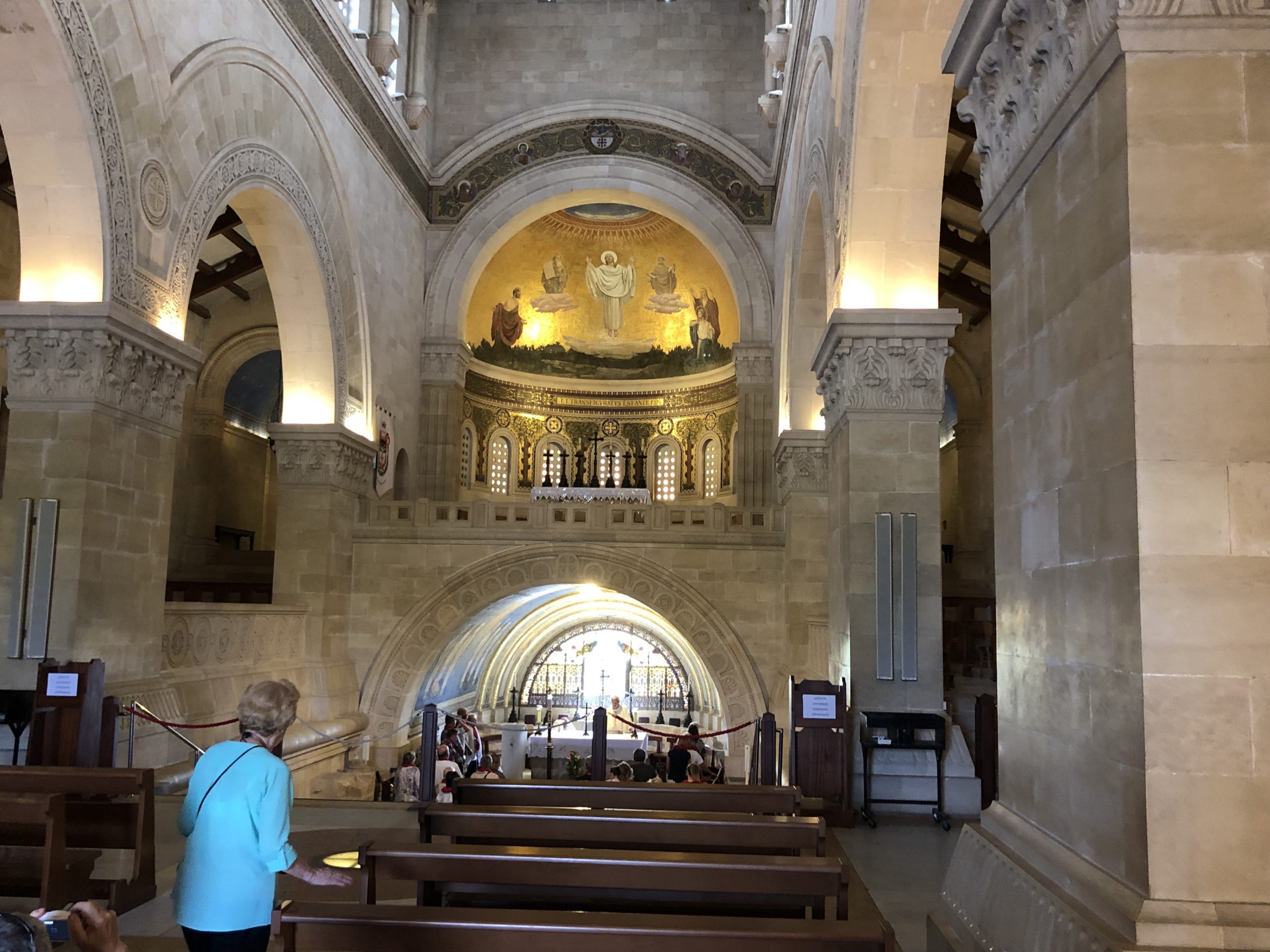
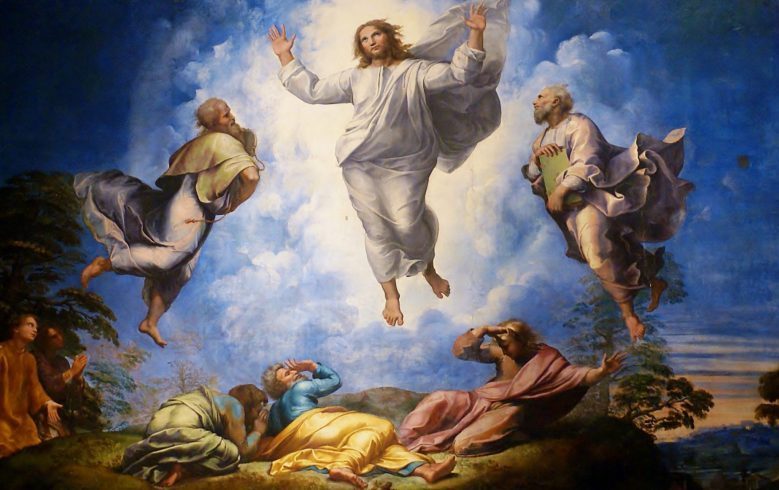
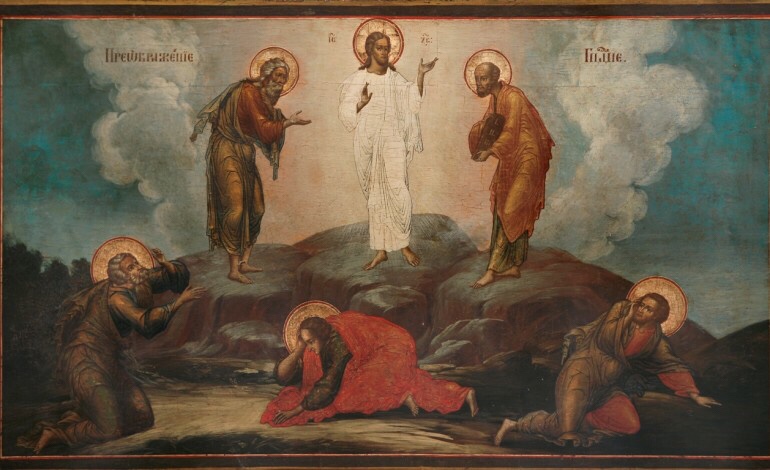
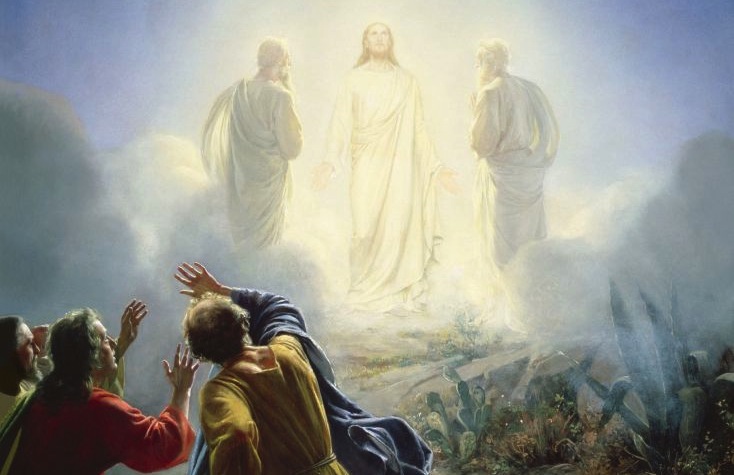
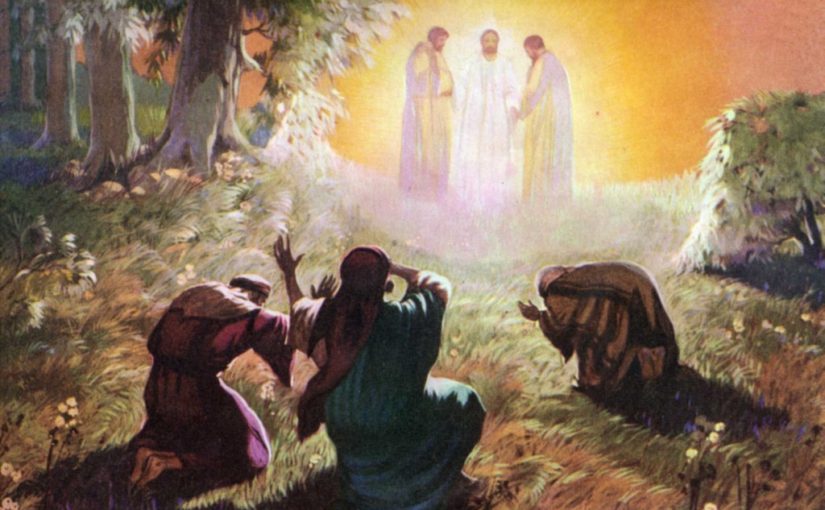

You must be logged in to post a comment.